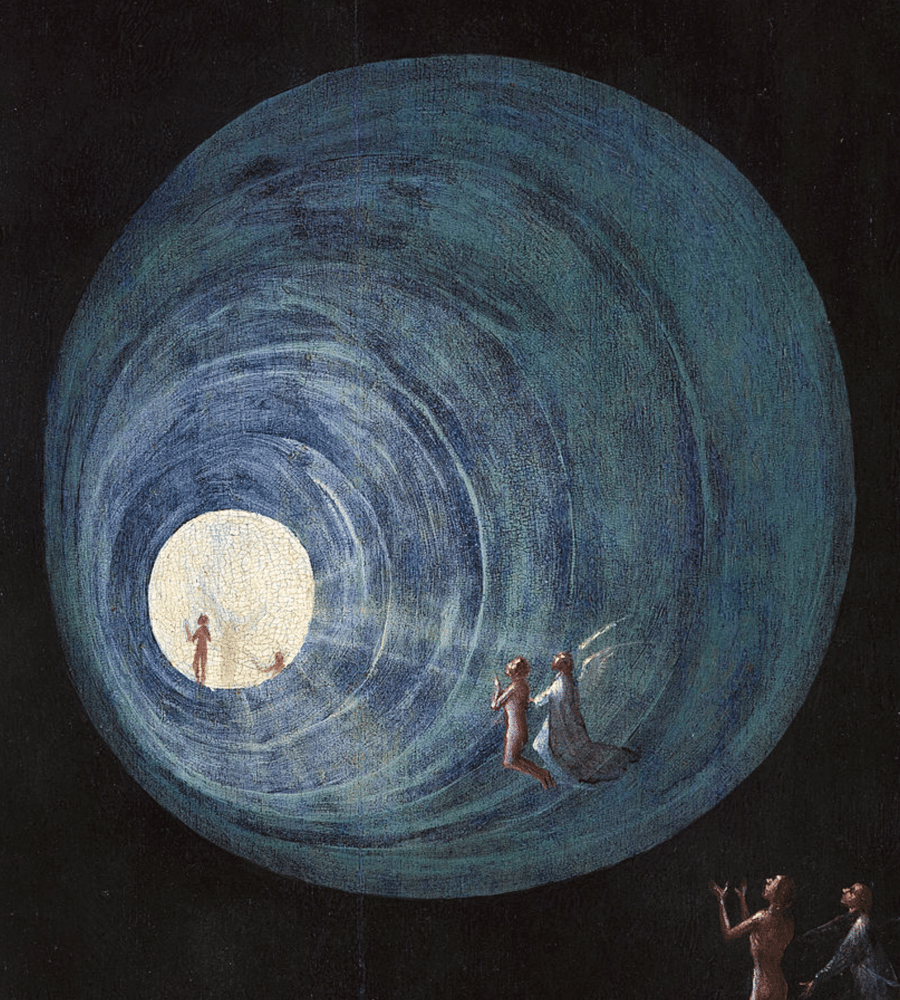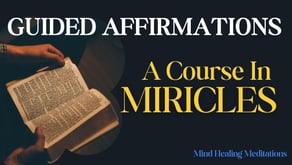The Work of Schwartz and Newton
How understanding pre-birth planning can transform your relationship with life's difficulties


"Ascent of the Blessed" by Hieronymus Bosch
"Ascent of the Blessed" by Hieronymus Bosch
Have you ever found yourself standing in a grocery store aisle, completely forgetting why you came there in the first place? You wander between the shelves, basket in hand, knowing you intended to purchase something specific, but the exact items have slipped from your conscious mind. Perhaps you try to retrace your mental steps—what were you thinking about before you decided to come to the store? What needs did you have at home? What conversations triggered this shopping trip?
This common, almost universal experience offers a metaphor for our spiritual journey on Earth. Just as we momentarily disconnect from our original shopping intention, many of us move through life with a persistent feeling that we're here for a purpose—one we can't quite remember or articulate.
The key insight here is that before you entered the grocery store, you existed. You had clear intentions and purposes for that shopping trip. Similarly, before your body existed, you existed. Your soul—your true essence—had intentions and purposes for entering this physical experience. And just as you can pause in that grocery aisle and reconnect with the "you" who decided to make the trip to remember what you needed to get, you can connect with the nonphysical part of yourself—your soul self—to remember the intentions and purposes you held for having this human experience.
The confusion in the grocery aisle is temporary; eventually, we either remember what we came for, call someone at home to ask, or make new choices based on what we see. But what about the larger forgetting—the one where we lose connection with why our souls chose to incarnate into these specific bodies, families, and circumstances? How do we recover that deeper shopping list of spiritual intentions?
This disconnection between our earthly consciousness and our soul's pre-birth plans forms the foundation of some of the most valuable spiritual healing literature available today. The concept suggests that just as we existed before entering the grocery store with specific intentions, we existed as souls before entering our bodies with specific purposes. And just as we can reconnect with our shopping intentions, we can potentially reconnect with our soul's original purposes for this incarnation.
In my personal journey through countless spiritual texts—from ancient wisdom traditions to contemporary metaphysical explorations—two authors stand above the rest in terms of the healing they've brought to my life: Robert Schwartz and Michael Newton. Their work on pre-birth planning and between-lives experiences has provided me with a framework for understanding life's challenges that transcends the limited perspective of our day-to-day consciousness.
This article explores how their insights can help us all remember why we came to this earthly "store" in the first place—and perhaps find exactly what our souls were shopping for all along.
Robert Schwartz
Robert Schwartz is a regression therapist, spiritual counselor, and researcher in the field of pre-birth planning who has dedicated his life to helping people understand the spiritual meaning behind their most difficult life challenges. His work occupies a unique place in spiritual literature by specifically addressing the question that haunts so many of us: "Why am I experiencing this suffering?"
Schwartz's journey to this work is itself a testament to how life's unexpected turns can lead to new purpose. A successful businessman with no previous involvement in spiritual or metaphysical matters, Schwartz experienced a spiritual awakening following a personal crisis in his early forties. This transformative period led him away from his conventional career path and into an exploration of spiritual and metaphysical concepts.
What makes Schwartz's perspective particularly valuable is that he didn't begin as a lifelong mystic or spiritual seeker—he approached these concepts initially with the skepticism of someone grounded in conventional thinking. His transformation from skeptic to researcher lends his work an accessibility and pragmatism that resonates with many people who might otherwise dismiss such metaphysical concepts.
Schwartz has written several books, but these two are the most important to start with:
"Your Soul's Plan: Discovering the Real Meaning of the Life You Planned Before You Were Born" (originally published as "Courageous Souls") is his groundbreaking first book. It explores how souls plan challenging life experiences before birth, examining cases of physical illness, parenting handicapped children, deafness and blindness, drug addiction, alcoholism, death of a loved one, and accidents. Through working with gifted mediums, Schwartz helps subjects discover the pre-birth planning sessions that led to these challenges.
"Your Soul's Gift: The Healing Power of the Life You Planned Before You Were Born" delves into even more challenging life experiences, including suicide, the death of a child, miscarriage, abortion, rape, and mental illness. This book takes the concepts from the first volume even deeper, showing how understanding the pre-birth spiritual perspective brings healing to even the most difficult human experiences.
These books have helped countless readers transform their relationship with suffering by revealing that their greatest challenges may have been purposefully chosen before birth for their spiritual growth.
What distinguishes Schwartz's approach is his focus on the redemptive meaning behind suffering. His work goes beyond simply documenting pre-birth planning to exploring how understanding this perspective transforms our relationship with life's difficulties. The case studies in his books repeatedly demonstrate how this shift in understanding—from seeing oneself as a victim of random circumstance to recognizing oneself as a soul who chose specific challenges for growth—can catalyze healing.
For example, in "Your Soul's Plan," Schwartz presents the case of Doris, a woman born with physical disabilities affecting her arms and legs. Through regression work, she discovered that her soul had chosen these physical limitations to develop specific spiritual qualities and to catalyze growth in those around her. This understanding transformed her relationship with her body from one of resentment to one of appreciation for its role in her soul's journey.
In "Your Soul's Gift," Schwartz explores even more challenging life experiences, including suicide, the death of a loved one, rape, and mental illness. With compassion and insight, he reveals how even these most difficult human experiences can be understood within the framework of soul growth and spiritual evolution.
One of the most powerful passages from Schwartz's "Your Soul's Gift" describes the fundamental shift his work aims to facilitate:
"In large part the purpose of this book is to facilitate a shift from personality-consciousness to soul-consciousness. To make this shift is to cultivate a protective detachment from potentially hurtful life events. This detachment does not eliminate such events, but it can reduce the suffering they engender. To the personality, judgment is the natural consequence of suffering. To the soul, suffering is the natural consequence of judgment. When we awaken and recall that we are immortal souls who cannot be harmed, we release our judgments of life challenges. In their place we embrace a neutrality that reduces suffering and magnifies joy."
This quote captures the essence of Schwartz's work. He's inviting us to experience a shift in perspective—from identifying exclusively with our temporary human personality to recognizing ourselves as eternal souls having a temporary human experience.
When we view life's challenges solely through the lens of our personality, we naturally judge painful experiences as bad or unfair, which intensifies our suffering. But when we access the soul's perspective, we understand that our judgments themselves are often the source of our deepest pain.
This isn't abstract philosophy but a practical approach to reducing suffering. By remembering our immortal nature—the part of us that existed before entering the grocery store of life and will continue after leaving it—we develop a healthier detachment from life's dramas. We can still fully engage with our human experience while maintaining awareness of its larger purpose.
The "neutrality" Schwartz mentions isn't cold indifference but rather a balanced perspective that allows us to respond to life's challenges with wisdom rather than reactivity. This soul-level awareness doesn't make painful experiences disappear, but it transforms our relationship with them, creating space for greater peace and even joy amidst difficulty.
Schwartz's contribution to spiritual literature lies in his focus on redeeming suffering through understanding its pre-birth origins. For readers grappling with seemingly senseless pain or questioning why bad things happen to good people, his work offers a perspective that can transform anguish into acceptance and even appreciation.
Michael Newton
Dr. Michael Newton (1931-2016) was a counseling psychologist and master hypnotherapist who pioneered the spiritual regression technique known as Life Between Lives (LBL) therapy. His work represents one of the most comprehensive explorations of the spiritual realm between physical incarnations ever conducted, providing a window into the soul's journey beyond physical existence.
What makes Newton's discovery particularly compelling is the fact that he did not set out to explore spiritual realms. In fact, his journey began from a place of skepticism about past lives and reincarnation. As a traditional hypnotherapist with a background in counseling psychology, Newton was initially reluctant to even engage with the concept of past-life regression, considering it unorthodox and outside his professional scope.
The turning point came in the late 1960s through a session with a client suffering from chronic shoulder pain. This man had exhausted all conventional medical approaches, with doctors finding nothing physically wrong despite his persistent pain. During a deep hypnosis session, Newton simply asked the client to go to the "source" of his pain, expecting to uncover some childhood trauma or psychological root.
To Newton's astonishment, the client suddenly began describing a scene from World War I, where he was a soldier being bayoneted in a trench during the Battle of the Somme. The client vividly recalled details about his military unit, commanding officer, and even the badges on his uniform. After exploring this apparent past-life trauma and working through it therapeutically, the client's chronic shoulder pain—which had persisted for years—completely resolved.
This unexpected experience challenged Newton's skepticism and opened him to exploring past-life regression more systematically. But an even more significant discovery awaited him. In 1968, while working with a woman suffering from depression, Newton again directed her to the source of her emotional pain during hypnosis. Instead of accessing a past life, the woman spontaneously "flipped" into what appeared to be the spiritual realm between lives, where she reunited with what she described as her "soul group." This experience led to the resolution of her depression, as she recalled that in her pre-birth planning, she had chosen to temporarily leave this soul family to learn independence—a separation that had manifested as loneliness in her current life.
These accidental discoveries launched Newton on a four-decade journey of investigation that would eventually involve over 7,000 clients and lead to his mapping of what he called the "life between lives" experience.
If you're interested in exploring Newton's research, these are the two most important books to start with:
"Journey of Souls: Case Studies of Life Between Lives" (1994) is Newton's first and most accessible book. It introduces readers to the concept of spiritual regression and presents case studies that map out what happens to souls after death and before rebirth. This book covers the basic structure of the spiritual world, including soul groups, guides, councils of elders, and the life selection process. It's the perfect starting point for anyone new to these concepts.
"Destiny of Souls: New Case Studies of Life Between Lives" (2000) takes a deeper dive into the specifics of the between-lives state. Building on the framework established in his first book, Newton explores advanced soul activities, specialized healing centers in the spirit world, the different levels of soul development, and how souls select their future lives. This book is more detailed and complex but offers insights for those who have already grasped the basics.
What distinguishes Newton's approach is its methodical, almost scientific documentation of the between-lives realm. Without imposing religious interpretations or spiritual dogma, he allows his subjects' experiences to speak for themselves, revealing a spiritual cosmology with remarkable consistency across thousands of independent accounts.
His work provides a bridge between spiritual concepts and therapeutic practice, offering not just metaphysical insights but practical healing benefits. For many readers and LBL participants, Newton's findings have transformed their understanding of life's purpose, diminished their fear of death, and provided context for their current life challenges.
While I've found value in many spiritual texts from diverse traditions—including the nondualistic teachings of Nisargadatta Maharaj and Ramana Maharshi—these four books by Robert Schwartz and Michael Newton have provided me with the greatest degree of healing among all spiritual literature I've encountered.
What makes these particular books so powerful is how they've transformed my relationship with life's challenges. Experiences I once perceived as random suffering now reveal themselves as potentially purposeful curriculum for my soul's growth. This shift in perspective has been healing at a level I hadn't found in other spiritual approaches.
What I appreciate most about these books is that they don't simply present abstract spiritual theories. They offer concrete case studies and practical frameworks for understanding specific life challenges. They transformed my relationship with suffering through meaning-making. They placed my human experience within a larger cosmic perspective. And perhaps most importantly, they offered not just philosophical concepts but real healing results.
For those struggling to understand the "why" behind difficult life circumstances or seeking a deeper context for their spiritual journey, I highly recommend these books. They offer a compassionate perspective that honors both the difficulty of human suffering and the purposeful curriculum it may represent for our souls.
When we stand confused in that metaphorical grocery store of life, wondering what we came for and why we're here, these works serve as the note we left ourselves—the reminder of why we came and what we hoped to purchase in terms of soul growth through this human experience.






